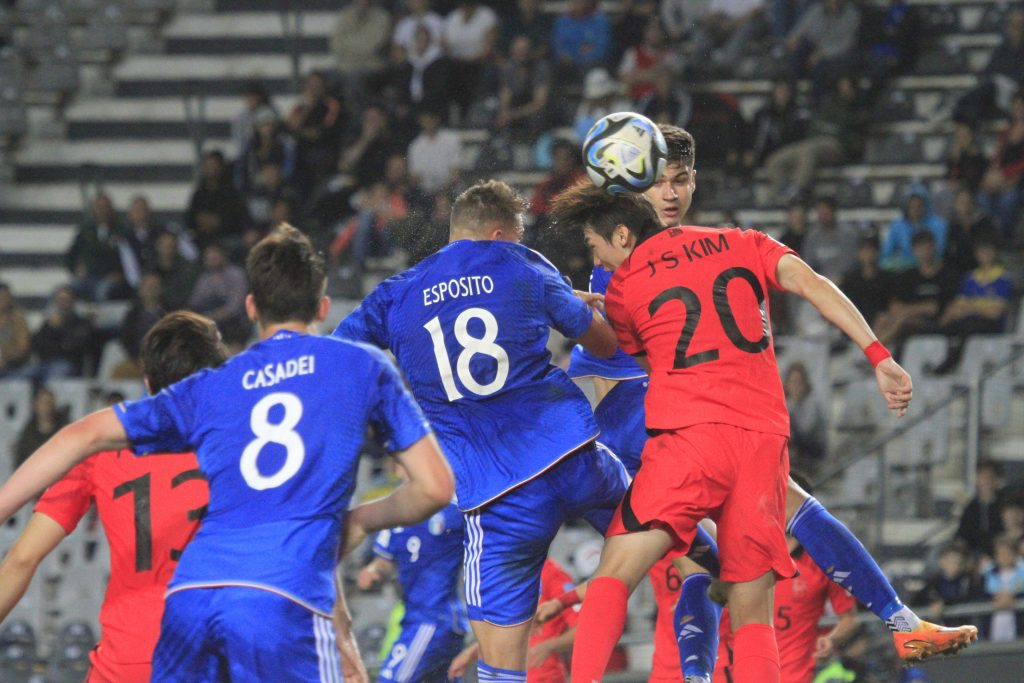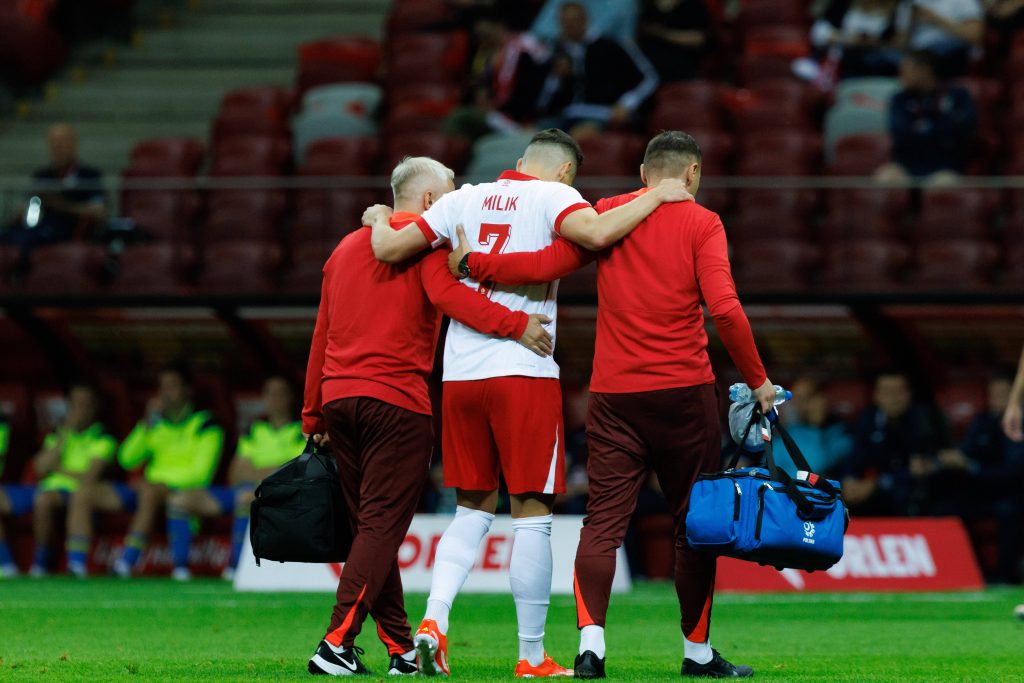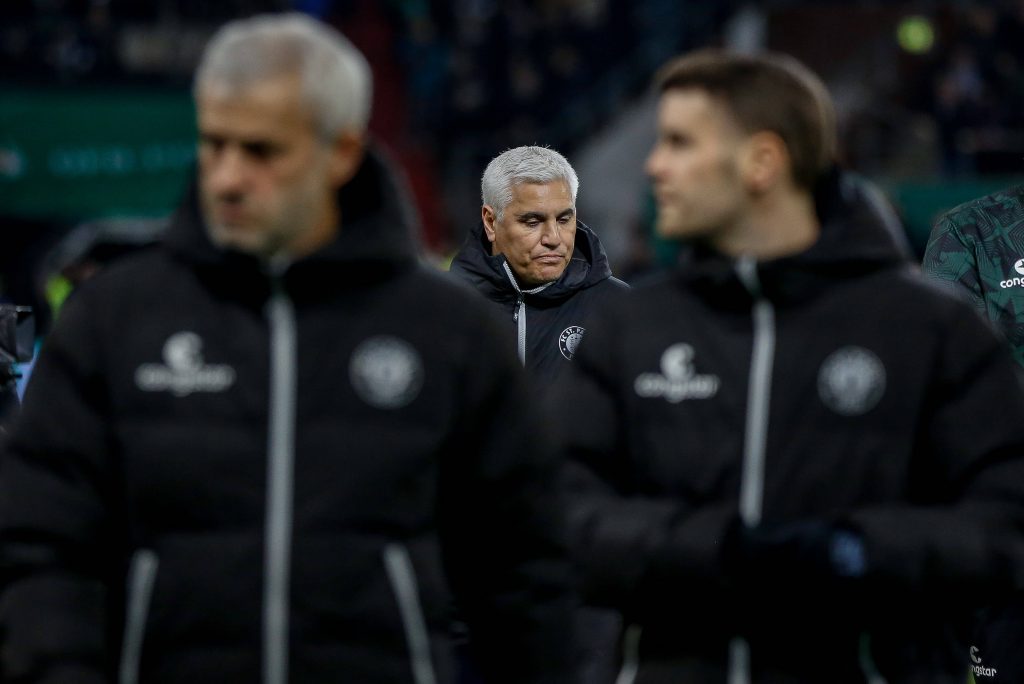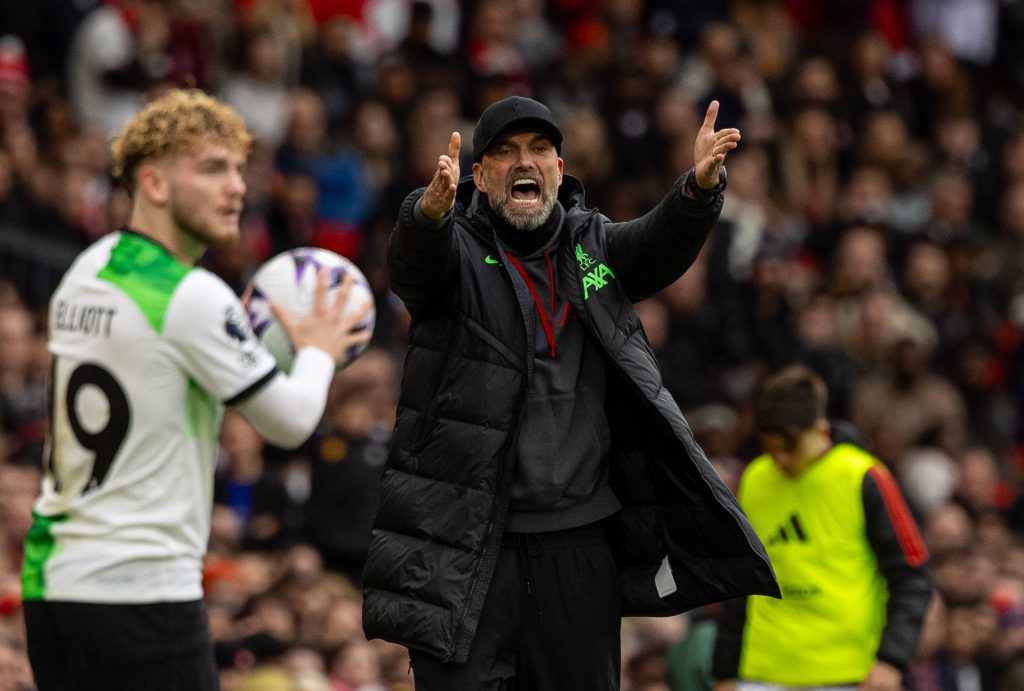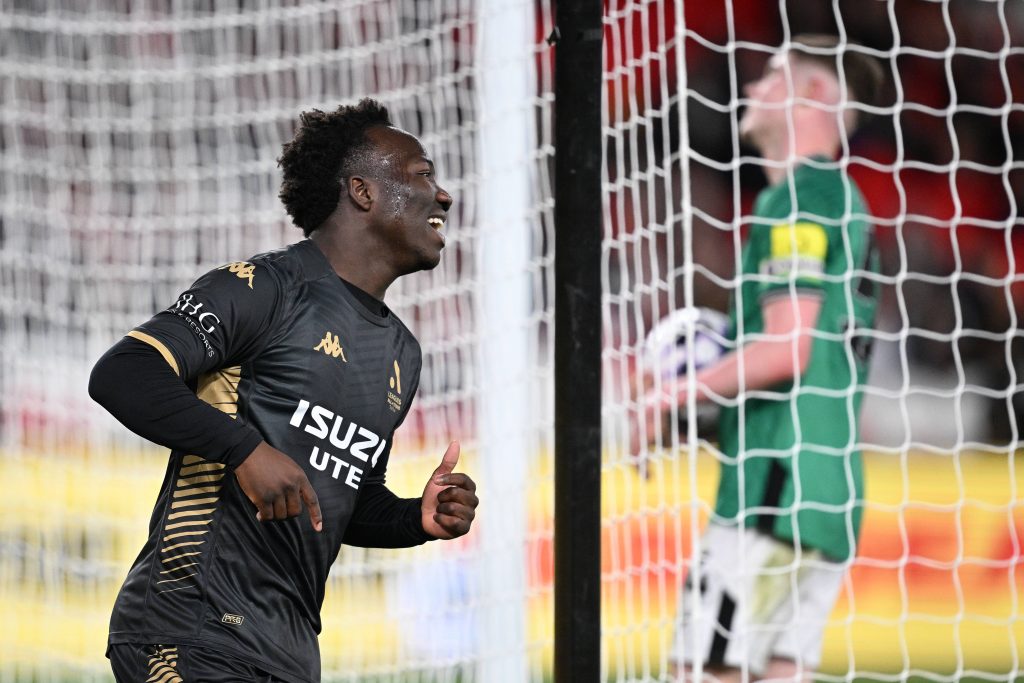Andy Watson, co-author of the Analytics FC ‘Brexitball’ report on the GBE system, casts his eye over the latest set of changes to how work permits function
The FA and the Home Office have made some substantial changes to the GBE and work permit system for clubs in the UK. The details of the changes were released publicly on Wednesday 14th June and will come into force immediately for the summer transfer window.
This gives recruitment teams across England very little time to perfect their processes and work out how to best follow the guidelines to maximise their recruitment strategy.
This article seeks to explain what the changes to the legislation are, how that affects the overall picture of recruitment in the Premier League and the English Football League, and how clubs may use these changes in this window and beyond.
The world has been re-opened…to an extent
The GBE criteria were originally introduced in December 2020 ahead of the January 2021 window. This was tied into the Brexit deal in which the UK left the EU and new legislation was drawn up based on a points system. The documentation has been analysed in depth in the Brexitball series and, especially, the Brexitball document that Analytics FC produced in October 2022.
Recruitment teams of UK football clubs have found that over the last five transfer windows that the documentation has meant that the size of the pool that they can recruit from has massively reduced. While some areas were opened up slightly by the 2020 document, for example Brazil, Argentina, and Mexico, the loss of the freedom of movement of the EU meant that the volume of the market was drastically affected.
The documentation only changed by small degrees from its inception in 2020 to the 2022/23 season. Meanwhile, frustration grew from a number of parties who wanted to see greater change in the legislation.
A consultation was set up to look into the GBE regulations which involved a number of bodies. This consultation has resulted in biggest change in the documentation since Brexit. The pool of potential players, and especially young players, has been opened up significantly.
Why has there been substantial change?
As briefly touched upon earlier, there were a number of bodies that weren’t thrilled with the GBE regulations as they had been since December 2020.
The Premier League have been the most vocal organisation in their dislike of the Brexit regulations, but the EFL have had their own problems with the documentation, and clubs, players, agents, and administrators, have all bemoaned certain aspects of the policy.
The media has reported Premier League officials claiming that the post-Brexit system was bad for business, in that it was their belief that the Premier League were having to pay more for the talent in Europe because of the work permit situation preventing them from getting to some talent early enough.
There had been calls for the FA to look into reducing the threshold of points that a player needs to achieve, but, instead, a different solution has emerged that has been ratified by all relevant parties.
What is ESC and what has it changed?
The guidelines have been published for the 2023/24 season, so we also know these will be the regulations for the January window as well, and the most impactful change is the introduction of ESC.
Helpfully, there is no definition of ESC in the documentation, but it stands for Elite Significant Contribution player. The phrasing used in this term explains what the FA and Home Office want the players that fall into this category to be: footballers who will make a significant contribution to their club and, therefore, the sport in this country.
However, these are players that don’t meet the requirements for a GBE at the time of the proposed transfer. Under the old legislation this would have meant that there was no way that the player would receive a work permit, so the transfer would not go ahead. Under the ESC changes though, the move is potentially now on.
There are, of course, some caveats. ESC players are still expected to meet some minimum requirements laid out by The FA:
- Played in at least one competitive youth or senior international for a nation ranked in the FIFA Top 50 (aggregrated over 12 months for a Youth Player)
- Played in at least five competitive youth or senior international for a nation ranked outside of the FIFA Top 50 (aggregrated over 12 months for a Youth Player)
- Played in at least one Continental Youth or Senior Competition match
- Played in at least five Domestic Youth or Senior Competition matches
Importantly, the domestic competitions referred to in these caveats only apply to Band 1-5 leagues. Similarly, the domestic youth competitions have to be administered by the FA in the Band 1-5 countries.
This means that a player that is playing in youth competitions, or even senior competitions, in the likes of Finland, or Canada, or Peru, or any other country that is in Band 6 still doesn’t qualify for an ESC. However, if that youngster played competitive internationals for their country’s youth team then they could qualify through that route.
An example of this would be 21-year-old Honka FC central defender Ville Koski. He has made over 50 senior Veikkausliiga appearances, but with that league remaining in Band 6 he doesn’t qualify for either a GBE or ESC place. However, he has 9 competitive Finland U21 caps so, despite Finland ranking outside of the FIFA Top 50, he hits the criteria for an ESC slot for any English team.
There is a limit to the number of ESC players that a club can house in their squad. Premier League and Championship clubs can have a maximum of four ESC slots in their squad filled at any one time. League One and League Two clubs have a maximum of two slots in their squads available for ESC players.
Will everyone get the full ESC slots?
Not all clubs will get their maximum number of slots for the 2023/24 season, and subsequent seasons will depend upon the percentage of minutes that the clubs give to EQP. This acronym stands for England Qualified Players, basically anyone who would qualify to play for England, if selected.
As a result of the rules being brought in now, without clubs knowing about this in advance, there has been one calculation done for the 2023/24 season, and a different set of criteria for subsequent seasons.
2023/24 Criteria
| Number of available ESC places | ||||
| Weighted EQP minutes % | Premier League | Championship | League One | League Two |
| >= 35% | 4 | 4 | – | – |
| >= 30% | 3 | 3 | – | – |
| N/A | 2 | 2 | 2 | 2 |
This means that all English clubs will get at least two slots in their squad, regardless of the number of minutes they gave to EQP last season.
2024/25 onwards Criteria
However, from this season onwards clubs will be able to plan for the number of ESC slots that they have, with the possibility that they could only have one if the number of minutes for EQP is lower than 20%.
| Number of available ESC places | ||||
| Weighted EQP minutes % | Premier League | Championship | League One | League Two |
| >= 35% | 4 | 4 | 2 | 2 |
| >= 30% | 3 | 3 | 1 | 1 |
| >= 25% | 2 | 2 | – | – |
| >= 20% | 1 | 1 | – | – |
As always though, there are more caveats. Clubs can earn themselves additional ESC slots if they hit certain targets.
If the club has three players that represent England for at least 45 minutes in a competitive international for three seasons, on average, then they are entitled to an extra ESC slot, but only up to a maximum of 4. So, if a club already had 4 slots because of the weighted EQP minutes % as outlined above, this would not grant them a fifth slot.
The same clause applies for England Youth internationals as well. If a club contributes three or more players that play, on average over the last three seasons, that play for England U20 or England U21 then they can have an extra ESC slot.
With these extra clauses it would seem very difficult for clubs such as Manchester City, Manchester United, Arsenal, and Chelsea to not get the maximum four slots.
Which clubs could struggle with the EQP minute lines?
The exact figures for this will be fairly contrived to calculate. The competitions that are included in the calculation are slightly different for Premier League and EFL.
For the Premier League, EQP minutes will come from appearances in the following competitions:
- The Premier League
- Any UEFA or FIFA club competition, including qualifying rounds
- The quarter-finals and onwards of the FA Cup
- The semi-finals and final of the EFL Cup
For EFL clubs, the rounds in which the domestic cups start to count is the round previous to stated above, i.e. the fifth round of the FA Cup and the quarter-finals of the EFL Cup.
For the vast majority of clubs in the EFL, the league contribution will be the arbiter of their EQP minutes.
And even if a Premier League club played every round of the Champions League, FA Cup and League Cup, the league would still account for 76% of the total EQP minutes accrued over the season.
There are, of course, (say it with me now) caveats. This is where the system is a little convoluted to calculate. The EQP reference period is three seasons prior to the current one, so the calculations for clubs’ EQP percentage goes back that far. Also, the top four and bottom four EQP matches are struck from the calculations, and then, also, any unavailability criteria are taken into account.
With all of the convolutions and complications it will be interesting to see how clubs manage their minutes, and whether clubs even know where they sit in regard to ESC slot availability. I also feel quite sorry for the person, or people, trying to code this at FA HQ.
As the vast majority of the minutes will be drawn from League matches, there is a quick approximation we can look at to see which clubs might struggle to meet the full criteria. Transfermarkt has a facility to see what percentage of minutes were given to domestic and non-domestic players in their league matches. This would give a good estimate of who may be close to the borderline for getting ESC slots.
In the Premier League, only Newcastle United gave more minutes to domestic players than non-domestic in 22/23. From the data below, Fulham and Wolves would probably not get any ESC slots based on their EQP Weighted Percentage.
It is also interesting to note that none of the ‘Big Six’ would currently be in line for all four ESC slots based on EQP alone.
As things stand, in the EFL, only Norwich and Watford would be in danger of not getting their full number of slots. Whether this is something that those clubs would be interested in changing or not will be an interesting point to observe in the near future.
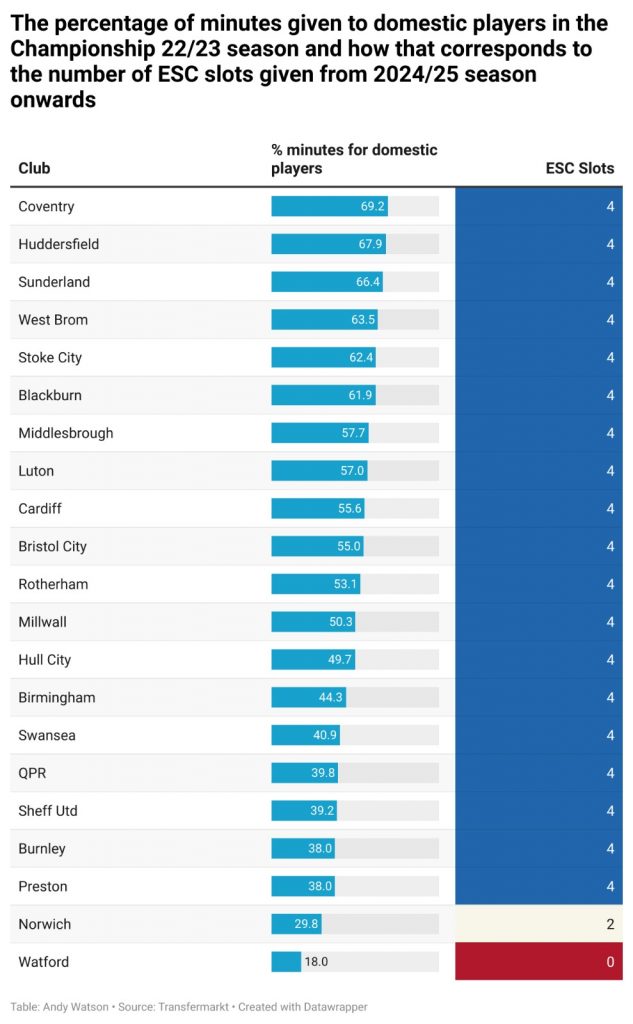
Promoted or relegated clubs get the slots for the league they will start the season in, not the league they were promoted or relegated from. In addition, when a club is relegated from the Championship to League One, it ‘loses’ slots. Crucially, this does not affect players already at the club, though. They can still play in League One but the club receives no free ESC slots until enough of those players either leave or qualify for GBE (and that is assuming their EQP minutes remain above 30%).
So if a club with four used ESC slots in the Championship is relegated to League One, it will only receive a free slot when three of those players qualify for GBE or leave, because the club now has two ESC slots, but four ESC players. As stated, though, the club can continue to play all four players: the number of slots is relevant to signing ESC players, but not fielding them.
Converting ESC players into non-ESC players
Helpfully, it is not the case that all players signed into the ESC slots have to remain there indefinitely. The goal, in many cases, will be for the ESC player that has been granted a work permit on that basis to convert to a non-ESC player.
This process can take place after twelve months. At this time, if a player fulfils the autopass criteria for GBE or if they now meet the 15pt threshold through the calculations that have been in place since 2020, then they become non-ESC players with a GBE. This means that the player can continue to play in this country, and the club regains the use of that ESC slot.
However, there is another way for the player to convert to non-ESC status. If the player plays in 25% or more of the club’s EQP qualifying matches over the twelve month period or if they play the required percentage of available minutes then they can be converted to a non-ESC player and the club regains that slot.
That required percentage of minutes differs according to the level that the club play at, and the age of the player. The exact details are as in the table below:
| Required percentage of available minutes (ESC) | ||
| League in which player participates | ESC Player under 21 | ESC Player 21 and over |
| Premier League | 15% | 30% |
| Championship | 50% | 50% |
| League One | 60% | 60% |
| League Two | 70% | 70% |
In essence, this is a really strong incentive for using ESC as the market is much wider and the end result could be a squad of talented players that simply aren’t available under the GBE regulations alone. This could be especially important for clubs lower down the pyramid, where ESC players are less likely to accrue points to pass the threshold due to league strength, lack of continental competition, and so on.
ESC changes the game for recruiting foreign youngsters
One key, but subtle, change hidden away in the document is around youth players. A youth player by this set of documentation’s definition is a player born on or after 1 January 2002. In previous legislation, clubs would have been able to take their case to an exceptions panel to prove that the player was capable of making a significant contribution as a result of their precocious talent.
Sunderland were successful in getting Jewison Bennette of Costa Rica a GBE, despite him getting very few points through the system. Importantly, this is now not going to happen. In cases like Bennette’s, the youth player will now be allocated a ESC slot. Of course, the player could then go on to earn a GBE through the course of being played, but they would have to play to get the permit, otherwise they will be using an ESC slot until the club sells or releases them.
Ironically, Sunderland have produced a perfect test case for this. The Black Cats have been busy already in the summer transfer window signing Nectarios Triantis from Central Coast Mariners in Australia and Luis Hemir Silva Semedo from Benfica in Portugal. Neither player gets near to the 15 points required for a GBE, nor do they get an autopass. The Triantos deal went through under the old regulations, and the most recent, Semedo, after the new regulations were published.
This should mean that Triantos was successful in getting a GBE from The FA, and therefore a work permit from the Home Office. However, Semedo’s transfer, under the new regulations, should mean that the young Portuguese will take up an ESC slot and not be given a GBE until the new ESC measurements, as discussed above, are met.
Importantly, this also means that Sunderland now only have 3 ESC slots available to them. However, there has been no confirmation of this in any public reporting around these transfers.
How will clubs use the ESC slots?
The examples will be plentiful in the next few months but let’s work through a potential scenario that capitalises on the new regulations.
Using TransferLab we can find a number of players who don’t currently qualify for a GBE via autopass or by getting the 15pts required via the GBE process. However, undoubtedly, some of them would be of interest to an English club.
Looking at Band 4, a band of leagues that includes the top tiers in Czechia, Greece, Denmark and others, as well as 2. Bundesliga, Ligue 2, and Segunda Liga, most of the players in these leagues would require an ESC slot, but importantly are now, once again, in reach of English clubs. And the same applies to Band 5, of course.
A good example would be the potential transfer that has been rumoured to be close to completion for Brentford, the signing of 18-year-old South Korean central defender Kim Ji-Soo.
Kim was a standout performer in the recent U20 World Cup for South Korea, but has never made a senior international appearance, and last season only made 19 senior appearances for his club in K-League 1; his club has now been relegated to K-League 2, where he has made one appearance so far.
This means that in the GBE calculations Kim receives only 2 points. However, his appearances for the U20s of South Korea, a country ranked inside FIFA’s Top 50, mean that the ESC route is now open to him. This, of course, applies for any of Kim’s teammates, and many other players at the U20 World Cup, which made scouting that tournament even more interesting for English clubs.
The ESC slots can be used for temporary transfers or loans. English clubs can loan in players who would then take up an ESC slot.
Clubs can also loan players who they own within an ESC slot to other clubs domestically. However, that player would take up a slot in both squads, i.e. if Newcastle loaned an ESC player to Charlton then Newcastle would only have three more slots to use with Charlton only having one more.
Who will make best use of the changes?
Despite the fact that the rules were announced publicly on 14th June, clubs were notified of the likelihood of these changes a few weeks prior. While the changes were at that time provisional and no confirmation was given to the clubs, smart operators will have already been preparing for the changes.
As discussed, these changes mean that a club’s knowledge of players needs to be wider. The systems and data that clubs use may need to be adapted and contracts with certain providers changed in order to identify the right players for the right money.
Those clubs that have specialised in player trading over the past few seasons such as Brentford, Brighton, and Luton are clubs you would expect to continue to make smart decisions within this new framework.
Newcastle United have spent a lot of time compiling a recruitment team to work under former Brighton supremo Dan Ashworth. Given the Seagulls’ record under his tenure, it seems as though the Magpies, with the added impetus of the recently active Saudi Arabian Public Investment Fund, could be in a strong position to play the rules well.
Sunderland have been mentioned for their penchant for niche cases in their recent recruitment. They were one of the few clubs to have used the different process for Under 21 players successfully, bringing the likes of Jewison Bennette and, recently, Nectarios Triantis to the North East. The ESC slots give them the opportunity to work their network and model to an even greater degree, as was the case in the Semedo deal.
If we do see an increase in the number of foreign young players coming to English shores, will this potentially benefit London clubs? Many players would prefer to be in and around the major cities for many reasons, especially if they are coming to the country as an outsider.
Are there any other changes to the legislation to be aware of?
There are some important changes in the banding of the leagues.
Despite the addition of ESC to the regulations, the majority of the document obviously still concerns the main set of rules around GBE and who should get a work permit to play football in England. This makes the banding of leagues really important, as discussed in-depth in previous articles in this series. These changes will be addressed in a separate article.
There have also been changes to the rules in women’s football which, again, will receive its own article in the Brexitball series.
What will we see in the Summer 2023 Transfer Window?
Recruitment teams up and down the country are rapidly recalibrating their models and changing their packages to fit these new rules.
The MLS will surely be a market that is now targeted heavily by UK clubs. Scottish teams have been able to dip into that market a little, but it has, up to this point, mainly been off-limits for England as a Band 4 League.
With there being no language barrier to those players, and, importantly the clubs and agents of those players, that is a hurdle removed from recruitment. There is also a well-trodden pathway between England and the US, in football, yes, but also in business. It would be a surprise if lists of MLS prospects weren’t being drawn up in the Premier League and EFL already.
We will see the continuation of players bought in from Band 2 leagues. Most Premier League and Championship clubs are experts in the Eredivisie, Belgian League, Portuguese, and Turkish top divisions by this stage. However, market forces have dictated that prices for players in those leagues have risen. The demand for players to play in England has meant the supply has become more lucrative. However, a number of players have also used the opportunity to run their contracts down in these leagues in order to try to get to England as well.
It will be absolutely fascinating to see which clubs use their ESC slots, and how they are used. The new markets available allow the best prepared, or quickest adapters, to get ahead.
There are great opportunities ahead for many clubs, players, and agents, for those that fully understand the rules, and how to exploit them best.
Header image copyright: IMAGO / Sports Press Photo

